Why are we organizing this workshop?
The design of caring and effective health technologies has long been considered by HCI researchers to hinge upon an accurate and appropriate understanding of stakeholders' needs and values. Just how to develop such knowledge however is far from a closed case. Many different approaches have been devised to support the involvement of stakeholders (e.g., participatory design, action research, citizen science). These approaches give stakeholders the chance to have their voices heard and add their expertise to the project. However, they are often unfamiliar with the roles they can play within research, lack the confidence required to take their place in the project, or need additional skills to fulfil their role. On the other hand, professional researchers are not always trained in working with the public.
We see that stakeholder training can benefit all parties involved in a project, yet little is known about how best to conduct such stakeholder training. Through this workshop, we seek to learn about best practices and lessons learned for stakeholder skill training. Based on the workshop outcomes, we hope to develop guiding materials for those who wish to implement stakeholder skill training in their (research) projects.
The workshop lasts for a full day. To apply for the session, participants are asked to fill in a survey (more information can be found below). The input from this survey will form the basis for the discussions during the workshop. Below, you can find the preliminary agenda:
1. Introduction & outline of the day: [1-1.5 hrs]
The participants will introduce themselves to each other, including presenting a summary of their expertise/experience with stakeholder training (e.g., by sharing some use cases or lessons learned) and their motivation for joining the workshop. The organizers will then present the survey results, including the matrix that was created based on the participants' responses prior to the workshop. Participants can then ask questions or add comments on the highlights presented before splitting into groups.
2. Morning break [30 min]
3. Group work 1: "gaps and incongruencies" [1 h].
Participants will be divided into groups to discuss the survey results as well as any identified gaps and incongruencies in the synthesis. Participants can share their personal experiences related to the topics and add further points to the matrix.
4. Plenary: all groups present a short summary of their discussions [30 min]
5. Lunch break [1-1.5 hrs]
6. Group work 2: "facilitators and barriers" [1 h].
Participants are asked to identify barriers and facilitators for stakeholder training activities in participatory health research. They are asked to take into account the results from the survey, the synthesis, and the earlier discussions in the workshop.
7. Plenary presentation: all groups present the results of their group work, [30 min]
8. Afternoon break [30 min]
9. Discussion & training strategies & next steps [1 h]
Discussion will then take place in relation to the steps required to reduce the identified barriers, strengthen the facilitators, and developing training strategies.
10. Closing of workshop
The workshop will be part of the pre-conference activities at NordiCHI 2022 and take place on 9 October, 2022.
Yes, remote participation is possible.
There will be a designated online moderator as well as technical support. Groups will include only online participants or only offline participants as much as possible, as we have experienced hybrid group work to be very challenging. In the plenary parts of the workshop, both online and offline participants will present their findings and can ask questions or comment on each other's work. In this way, we hope to facilitate a good experience for all participants.
We welcome participants who have previous experience with stakeholder skill training and those who do not. Participants do not need to be experts on the topic, we welcome all levels of expertise. The workshop is open to all types of stakeholders, and we especially encourage experience experts (e.g., patients or patient advocates and healthcare professionals) to participate.
You can apply until Friday, August 19.
For those with previous experience, please complete this survey as a basis for the group work during the workshop. In the survey, you are asked to describe your previous experience with stakeholder skill training by answering the following questions:
1. What was the content/topic of the training that you provided?
2. Who were the recipients of the training?
3. When (in terms of the project timeline) did the activities occur?
4. What were the reasons for doing the training (WHY)?
5. What methods were used for the training (HOW).
6. Why do you want to participate in the workshop and what do you hope to get out of it?
You can add additional remarks and ask questions that you would like to discuss during the workshop.
If you do not have previous experience with stakeholder skill training but are interested in participating in the workshop, please complete this survey. You are asked to answer the following questions:
1. What does stakeholder training mean for you?
2. Why do you want to participate in our workshop?
3. What do you want to contribute to the workshop?
4. What do you hope to get out of the workshop?
You can add additional remarks and ask questions that you would like to discuss during the workshop.
Who is organizing the workshop?
If you have questions about the workshop, please contact Kira Oberschmidt (k.oberschmidt@rrd.nl).
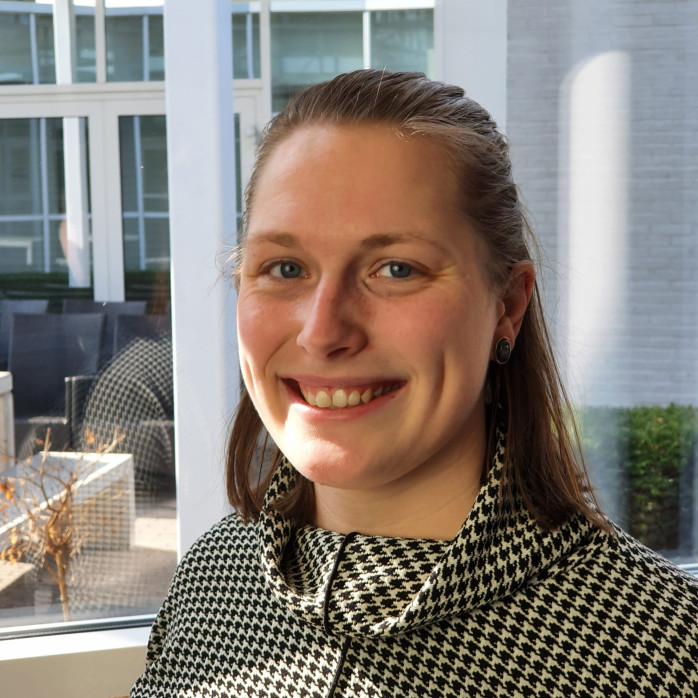
Kira Oberschmidt
is a PhD student at Roessingh Research and Development. Her research focuses on action research in eHealth. Specifically, Kira is interested in the active involvement of various stakeholders in the design, evaluation and implementation processes. She studied Psychology (BSc and MSc) and Health Sciences (MSc) at the University of Twente. During her studies she participated in different research projects related to the use of eHealth in (mental) healthcare. At Roessingh Research and Development Kira is involved in several international and national projects on the use of technology in healthcare.
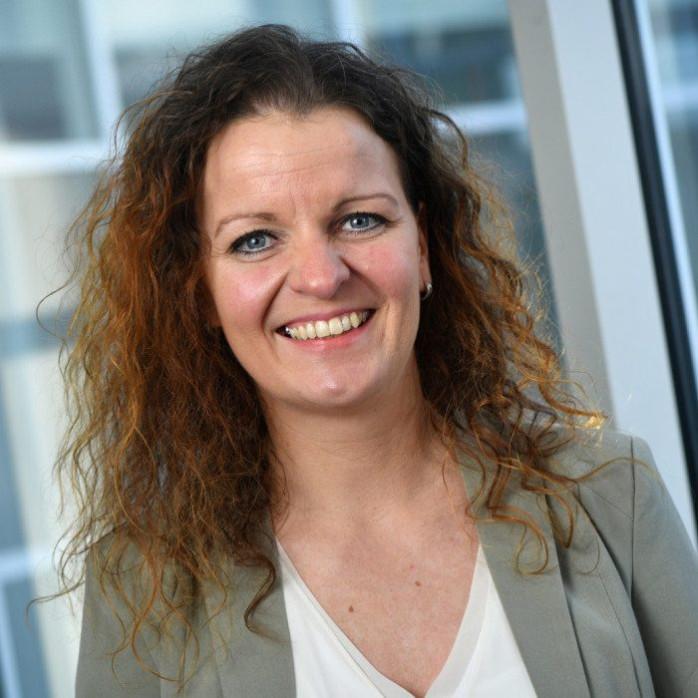
Christiane Grünloh
PhD is a senior researcher at Roessingh Research and Development with a research interest in value sensitive eHealth design. Christiane has a medical background with several years of experience working as a medical assistant (GP, Urology) and holds degrees in Media Informatics (BSc, MSc) obtained from TH Köln University of Applied Sciences, Germany. From 2008 to 2018 she worked as research assistant and lecturer in Media Informatics and Web Science as well as the program coordinator of the master program Web Science at TH Köln. Christiane obtained her PhD degree in Human-Computer interaction at KTH Royal Institute of Technology, Stockholm on opportunities and challenges of patients accessing their electronic health records, especially in relation to patient participation and the doctor-patient relationship. In her role as senior researcher, Christiane works in several international and national research projects adopting participatory health research approaches (e.g., action research, citizen science, human-centered design).
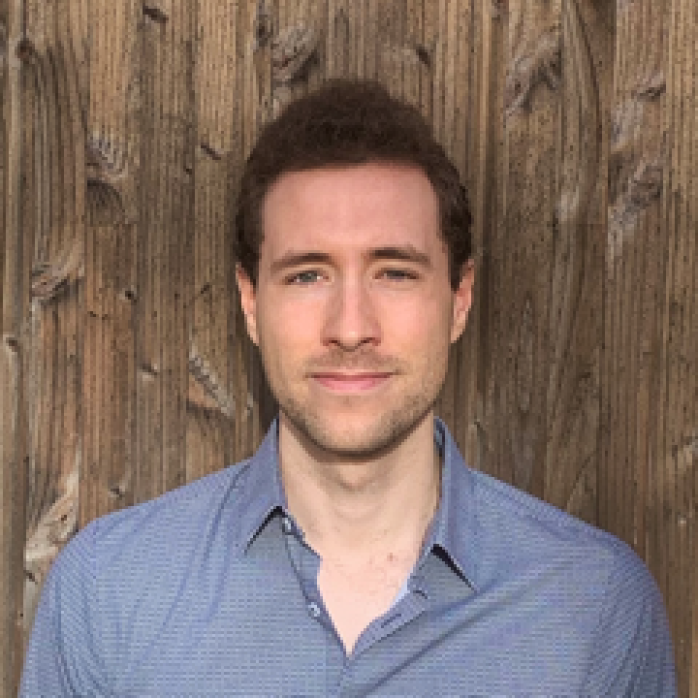
Kevin Doherty
PhD is a postdoctoral researcher at the Technical University of Denmark (DTU HealthTech), where his current research focuses on the design of mobile technologies to support mental healthcare through primary care clinics across Denmark. His research interests include interdisciplinary design research, mental health and psychotherapy, user engagement and self-report methods, care ethics, and mobile interaction design. He holds a PhD in Human-Computer Interaction from Trinity College Dublin, an MAI in Electronic & Computer Systems from the Grenoble Institute of Technology and an MSc in Medical Device Design from the National College of Art and Design, Dublin.| web

Ria Wolkorte
PhD is a postdoctoral researcher at the Department of Health Technology and Services Research of the University of Twente (UT). She has a PhD in medical sciences from the University of Groningen (The Netherlands), and an MSc on clinical movement sciences from the Radboud University Nijmegen. Her research focuses on citizen science for health and wellbeing. Her interests are inclusive research, ethics of citizen science, monitoring and evaluation of citizen science, and movement science. She is currently involved in the TOPFIT Citizenlab, which is a regional and national fieldlab. In the fieldlab she focuses on collaboration between different stakeholders on an equal footing in projects focusing on health and wellbeing supported by technology. Ria is involved in multiple national and international research projects that use a citizen science approach. Ria Wolkorte is member of the European Citizen Science Association working group Citizen science for health.
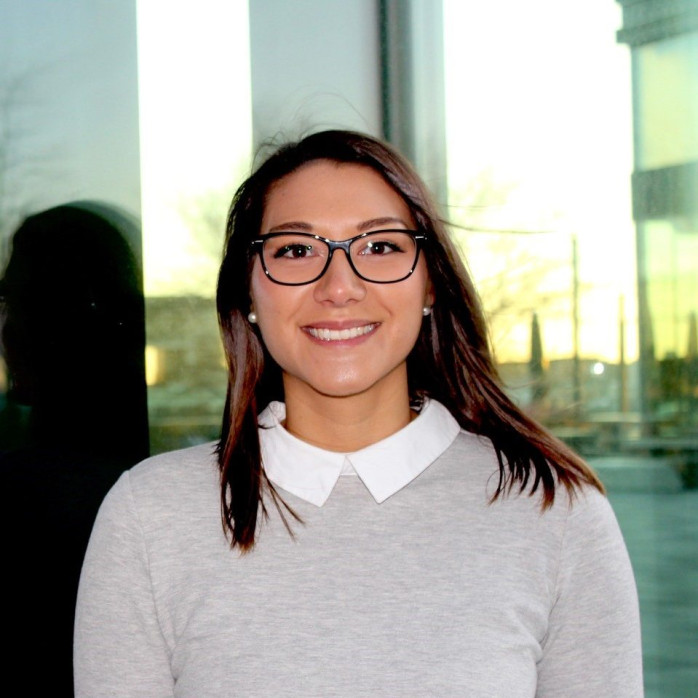
Sheree May Saßmannshausen
is a PhD student and Research Assistant at the chair of CSCW and Social Media at the University of Siegen. She studied Media Informatics (BSc, MSc) at TH Köln University of Applied Sciences, Germany. During and after her studies she used to work as a research assistant in the Media Informatics Lab at TH Köln. In parallel, she also worked in Cologne as an UX designer in a research project related to healthcare. Her current research interests include the field of Human-Computer-Interaction and Human-Centered-AI. In her research, she explores human-centered design approaches for technologies like Augmented Reality or Artificial Intelligence in the context of healthcare as well as citizen participation.

Lara Siering
is a PhD student in the Interaction Design Group at the Department of Design, Production and Management of the University of Twente. She studied Industrial Design Engineering (BSc, MSc) with a specialization in Human Technology Relations at the University of Twente. During her studies, she worked as a research assistant and applied co-design methods to design digital health for children. In her doctoral research, Lara is combining participatory design with speculative design in the context of health. Working as PhD in the national MOCIA (Maintaining Cognitive function In Ageing) research program, she will look at the design of meaningful digital health and methods for a better involvement of older adults in the design of digital health tools.

Åsa Cajander
is a Professor of Human Computer Interaction at the Department of Information Technology at Uppsala University. She has more than 20 years of experience from participatory Action research with different stakeholders. Professor Åsa Cajander leads the multidisciplinary research unit Human Machine Interaction with around 30 members. Her research spans digitalization, gender, work engagement and professional competencies. Her research interests are related to eServices for patients and implementation of eHealth systems generally.
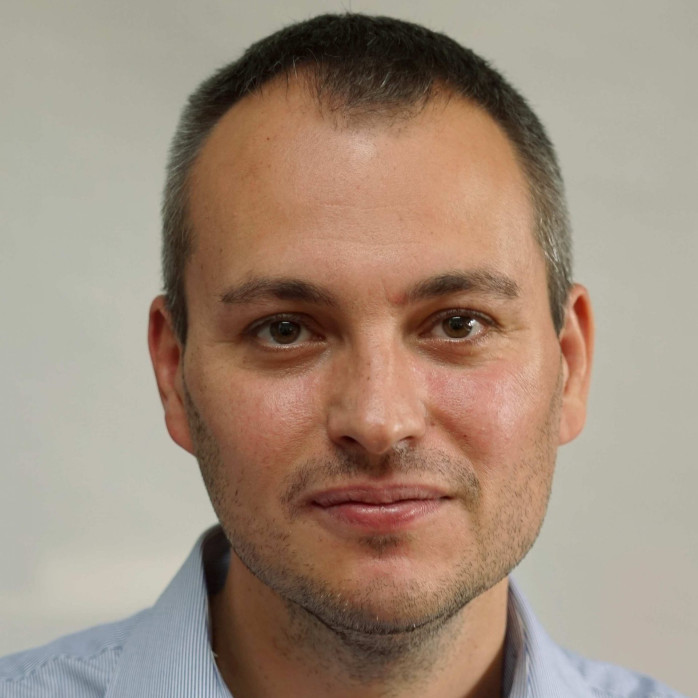
Michal Dolezel
PhD is an Assistant Professor of Business Informatics and Information Systems Development at the Department of Information Technologies of the Prague University of Economics and Business. He obtained his doctoral degree in Information Systems from the same university. He holds master's degrees in Electrical and Biomedical Engineering (from Brno University of Technology) and Engineering Management (from Czech Technical University in Prague). Before fully joining academia in 2017, he spent more than ten years in the industry (telecom, finance, pharma) in various IT roles. During that time, he carried out several action research projects in the role of practitioner-academic. His current research interests revolve around consumer health informatics and the social aspects of software development.

Svante Lifvergren
M.D. PhD, works full time as a development director at the Skaraborg Hospital Group (SkaS) in Sweden. He is a specialist in internal and pulmonary medicine and has worked as a senior physician at SkaS since 1997. He has a PhD in Quality Sciences from Chalmers University of Technology in Sweden. He has been connected to the Centre for Healthcare Improvement (CHI) at Chalmers since 2006 in various roles. Currently, he is an affiliated lecturer at CHI/the Service Management and Logistics Department at Chalmers, primarily supervising master and PhD students. His main research interests entail participatory action research to design new mobile care models as well as to improve care quality and safety in a healthcare context. He has served as an associate editor for the Sage Action Research Journal since 2011.
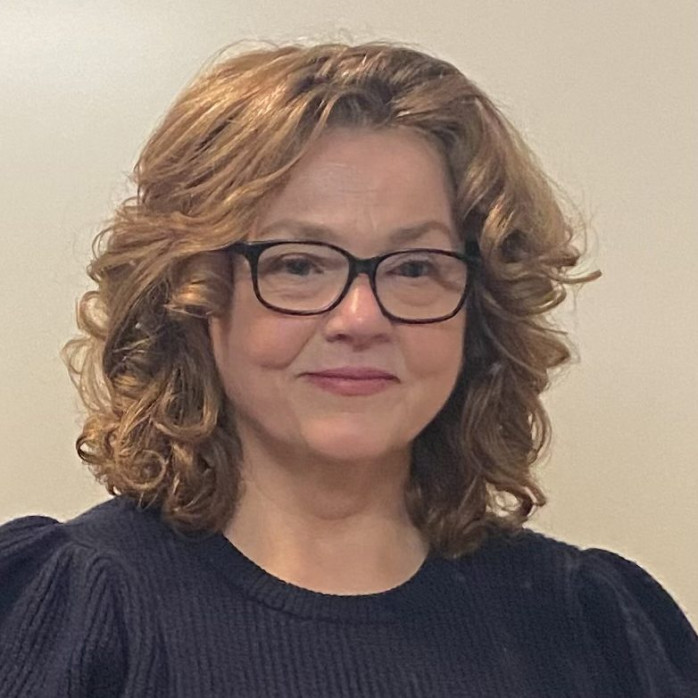
Karin van den Driesche
is a design researcher at the DesignLab for the Faculty of Electrical Engineering, Mathematics and Computer Science of the University of Twente (UT). She studied Fine arts (BA) at the St.Joost School of the Arts at the University of Applied Sciences of Breda (The Netherlands), and she has a MA in Philosophy. During her career she has been working in academia and in the creative industries as an UX designer and had her own company in User Centred Design. Her interests are design methodologies, transdisciplinary working, Human Centred Design, co-design, digital art, visual research, philosophy, and biomimicry. She is currently doing research in design methodologies for an inclusive citizen science approach for health and technology at the TOPFIT Citizenlab, which is a regional and national field lab.